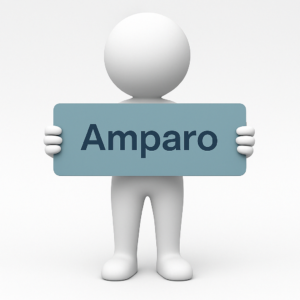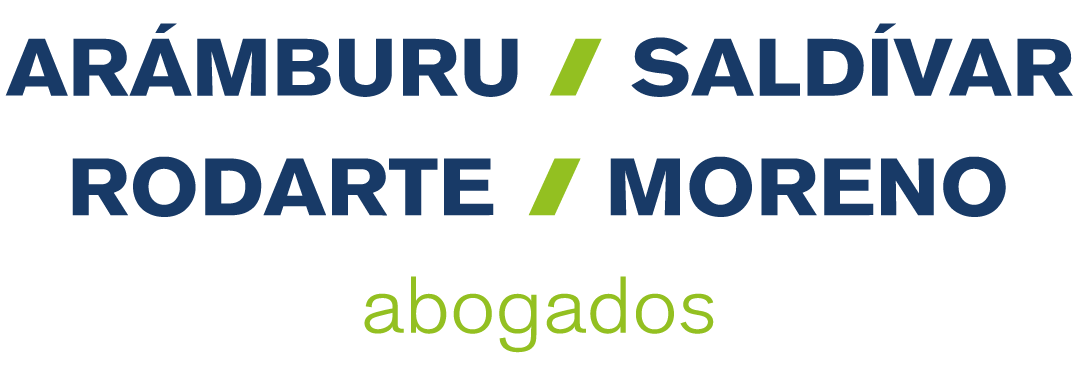
- Significant Direct Amparo Cases. In certain cases, the Supreme Court of Justice of the Nation (SCJN) may resolve direct amparo proceedings that would normally fall under the jurisdiction of the Collegiate Circuit Courts, provided that the legal issues raised are of such importance that they require a ruling by the highest court in the country. The SCJN may assume jurisdiction over these cases on its own motion, or upon a well-founded request from the corresponding Collegiate Circuit Court or the Attorney General of the Republic. This authority is known as the power of attraction (facultad de atracción).
- Review Remedies. A remedy is a legal mechanism used to challenge procedural acts and may be initiated by the party who considers itself aggrieved, with the purpose of having the challenged act reviewed and potentially overturned, modified, or annulled. In amparo proceedings, only three types of remedies are admissible:
-
- Review Remedies in Indirect Amparo Cases (Special Cases) A review remedy may be filed against rulings issued in indirect amparo cases by District Judges or Single-Judge Circuit Courts. The SCJN will hear these cases when the constitutionality of federal or local laws, international treaties, or regulations remains at issue, or when the case involves federal acts or laws that infringe upon the sovereignty of the States, or State laws or acts that invade the jurisdiction of federal authorities.
- Review Remedies in Direct Amparo Cases. The SCJN may hear a review remedy against rulings issued by Collegiate Circuit Courts in direct amparo proceedings, when the constitutionality of a federal law, local law, Mexico City law, or international treaty is challenged, or when the constitutional violation arguments involve direct interpretation of a provision of the Political Constitution of the United Mexican States, and the lower court’s decision rules on—or fails to rule on—those constitutional matters. In such cases, the review shall be limited strictly to the constitutional issues.
- Claim Remedies. The Plenary Session of the SCJN is responsible for hearing claim remedies filed against procedural decisions or orders issued by the President of the SCJN during the processing of jurisdictional matters under the Court’s own authority.
- Cases Involving Non-Compliance with Judgments or Repetition of the Challenged Acts If an amparo judgment is granted and the responsible authority repeats the challenged act or evades compliance, and the SCJN determines that the violation is inexcusable, the authority will be immediately removed from office and referred to the corresponding District Judge. If the nature of the act allows it, once the SCJN has determined the non-compliance or repetition of the act, it may order substitute compliance with the judgment, particularly in cases where execution would cause serious harm to society or to third parties, outweighing the potential benefit to the complainant.
- Cases Involving Violations of the Suspension of the Challenged Act or the Admission of Illusory or Insufficient BondsThe SCJN, like other amparo courts, will refer the responsible authority to the Federal Public Prosecutor when the authority fails to suspend the challenged act when required to do so, or admits a bond that is illusory or insufficient. In such cases, civil liability is shared jointly between the responsible authority, the person who offers the bond, and the one who guarantees it.

